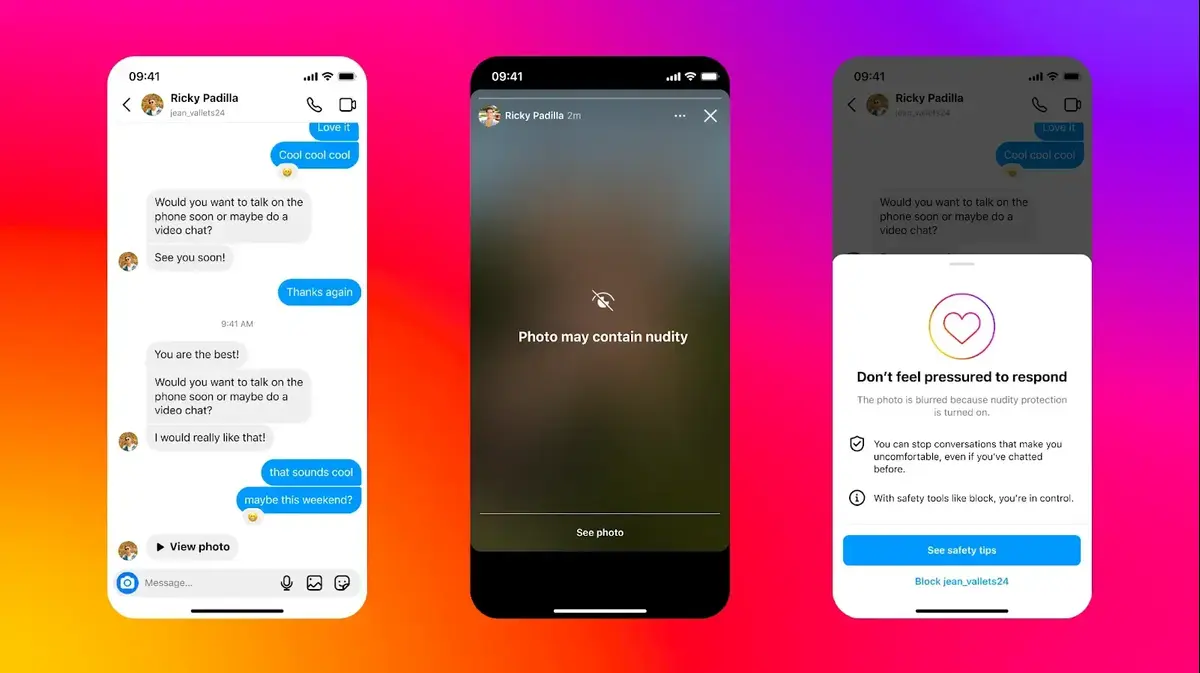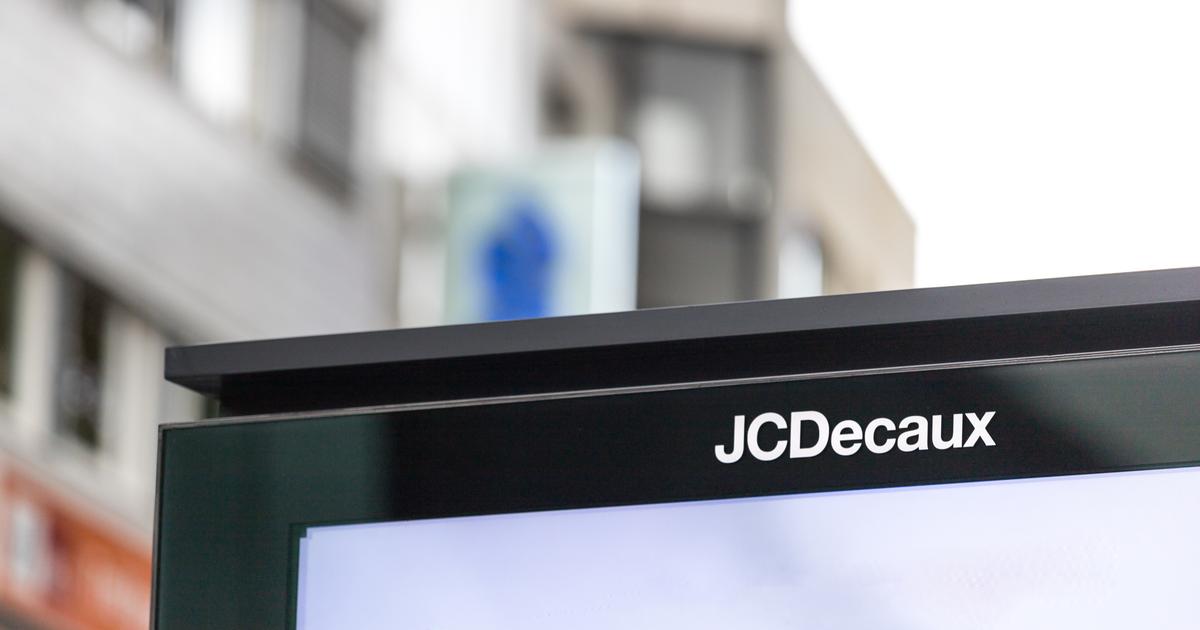Meta advertisers are about to lose a significant market share. (Photo: Pexels.com)
As part of the general trend of reducing data collection to the relevant minimum possible and the tightening of control around the necks of the social media giants in regards to maintaining the safety and security of children and teenagers on their platforms, new changes in meta policies that will come into effect next month herald a new era in the relationship between advertisers on Instagram and Facebook and users Young people.
Under the new rules, advertisers on Instagram and Facebook will not be able to leverage personalized data to serve ads targeted at children and teens.
Personalized ads for users under 18 will be based solely on the age and location of the users.
Gender, activity on the app, and accounts they follow are left out of the equation and it will not be possible to target young users based on this data.
But if you thought that this was the end of the changes for advertisers on meta platforms, think again, because another update scheduled to be released in two months will give users under the age of 18 the option to display less content on any given topic, and publishers in these areas will not be able to display ads to them at all.
The legal background to Meta's move
As a reminder, in 2021, following a two-year investigation by the government of Ireland (where Meta's European headquarters is located) into how Instagram handled user accounts for children between the ages of 13 and 17, Instagram blocked the possibility of creating ads targeted to teenagers based on interests and activity outside the app .
Last September, Meta was fined $400 million because it allowed minors to open public profiles by default on Applekia, without informing them of the option to hide the profile.
The company said at the time that it planned to appeal because it claimed it was being punished for its past policy.
Now, Meta seems to be interested in preempting a cure for the next blow that is expected to come as the regulator's noose around its neck tightens, almost completely erasing the possibility of targeting and segmenting the youth audience.
The meaning of the move for brands and advertisers
For the advertisers, this is a painful step, since this audience, known as Generation X, is considered very influential and active and constitutes a significant market share in the field of popular consumer products.
Fashion, clothing and cosmetics, games, applications, telephony and gadgets are all areas that are expected to be affected by the move, not to mention passing trends like style spinner and Popfit, which will probably become a thing of the past.
Considering the risks involved and the global political environment, it is very likely that in the near future the possibility of advertising to children under the age of 18 will be outlawed in Europe and the USA as well as in Israel. Meta's decision to continue allowing advertising to youth indicates that its youngest users are of sufficiently high value, from a point of view advertising, that they are worth the regulatory risk.
And what about younger kids on Instagram?
In a survey by the THORN organization from 2020, 40% of the youth questioned testified that they manage an Instagram account, but this is a total sample of 1,000 children, and the true dimensions of the phenomenon remain unknown.
After abandoning her plans to create an Instagram app dedicated to children, at least technically, Children under the age of 13 are not allowed to open an account on Meta applications, but precisely because of this it is very difficult to gauge how many users under this age are really active on the platforms, and are simply lying about their age.
But sarcasm aside, this move by Meta is a necessary and welcome step that would not have come without public pressure The great one launched by parents and activists around the world, and the watchdogs that responded to them.
Marketing and digital
in the headlines
Tags
minors
Instagram
Meta
Facebook
policy
privacy
Children









/cloudfront-eu-central-1.images.arcpublishing.com/prisa/QXRUCT4LIRFWJKV23QWCYD4S2A.jpg)